It’s Independence Day, and in light of the wave of Supreme Court rulings last week, many people across the country are asking themselves, “What is there to celebrate this 4th of July?” In just a matter of days, the Court ruled that the Department of Education does not have the authority to cancel student loan debt, that race-conscious admission programs at colleges and universities are unconstitutional, and that businesses that sell “expressive” goods and services are protected by the First Amendment to not be compelled to “create speech” in which they do not believe (meaning in this case that, despite anti-discrimination laws, a business owner may refuse to create wedding websites celebrating marriages between same-sex couples).
Compounding this feeling for many people is that these decisions came down around the one year anniversary of the Court’s decision in Dobbs v. Jackson, which effectively overturned Roe v. Wade, which set off a movement of states (including Texas) criminalizing abortion. In the days since the most recent rulings, I spoke with a handful of Texas artists about how these decisions might impact their lives. Their responses vary from stress and fear to direct financial effects.
In 2008, as a student embarking on an art degree from the University of Texas San Antonio, Rachel Comminos, now a Harlingen-based textile artist, took out about $40,000 in student loans, the majority of which were federal. Comminos explained that coming from a family of five children, it was not possible for her parents to support all of their college endeavors. Like many students, Comminos has been paying back her loans. In fact, she has paid off half of her private loans, but has barely made a dent in the federal ones.
Comminos remarked, “I feel like I owe more money now than when I took out the loans themselves… I’ll be paying off my loans for the rest of my life, with the way things are going.”
When President Biden initially announced the debt relief plan, Comminos and her partner felt a great relief that a portion of their debt would be alleviated and paying the rest of their loans would be more achievable. However, with the recent ruling, they are back to where they started.
Comminos explained, “The new ruling has made me feel trapped again, where before there was a moment of hope. It just means unless I make it big, we’ll probably be paying back our student loans well into our retirement… It’s defeating, exhausting. I haven’t even begun to think about college for my five-year-old son, I’m overwhelmed with my own loans.”
A recent report by Education Data Initiative found that in 2022 the median debt for a BA in art was $26,470, and for a MA in visual and performing arts was $63,830.
North Texas photographer Julia Cartwright worries about the ramifications of the Supreme Court’s affirmative action ruling. Cartwright cited both the Biden v. Nebraska ruling at the federal level and recent actions in the state of Texas. In February, Governor Greg Abbott distributed a memo warning state agencies and public universities that it is illegal to use diversity, equity, and inclusion initiatives as considerations when hiring. Then, earlier this month, he signed into law SB17, which bans diversity, equity, and inclusion offices and initiatives in institutions of higher education.
Cartwright said: “I have found myself in spaces, as an artist and for employment, where I am told by others I am only there because of a diversity quota or Affirmative Action. Affirmative Action doesn’t mean [Black people] are less qualified; it gives us a fighting chance to sit at the table even when we are equal or more qualified than other candidates. I don’t think people understand the scrutiny we are subjected to in an exclusive place and how much representation matters… Even if I get opportunities in the future, will that stop me from being questioned about my qualifications for being in that space? I have always been told [as a Black woman] I have to work twice as hard to get half as far. Now businesses and academic institutions can continue with the lopsided status quo, and in their eyes and the law, there’s absolutely nothing wrong with what they’re doing.”
Felicia Jordan, a Dallas-based multidisciplinary artist, echoed Cartwright’s sentiments. She explained, “As a Black person, my anxiety is on constant raise because I know, no matter how hard I work, and perfect of a candidate I am for any position, the deeply ingrained racial bias that is in the foundation of this country dictates that I am still three-fifths of a person. Not only do I have the pressure of authorities viewing my skin, my brother’s, sister’s, fiancée’s skin as a threat, we must hide behind basic, unassuming names and false images to still start the race, meters behind others.”
Jordan noted that despite the notion that affirmative action unfairly helps people of color, white women have seen the greatest benefits from the policy. Jordan, whose work investigates the trauma inflicted on Black people through the healthcare system, also spoke about the overturning of Roe v. Wade.
She stated, “Womanhood is a whirlwind. Women are the bringers of life, but that isn’t up to us anymore. Somehow, my bodily autonomy is being determined, not even by other women who understand the workings of the female body, but by men, who most certainly, never took sex ed or anatomy classes to comprehend the human body as whole, let alone the intricacies of those with ovaries and wombs and even those without… Forcing ‘beliefs’ on others is a wild concept. I cannot make it make sense.”
Usama Khalid, a social practice artist in Dallas, whose work focuses on the duality of his identity as a Pakistan-born American, spoke more broadly about the effects of the recent rulings. Though his work began in the traditional form of painting, more recently food has become an extension of his art. Through partnerships, Khalid hosts community barbeque events that bring together Pakistani and Texan cultures.
Khalid remarked, “[The recent rulings] deal with my community and as such deal with me.”


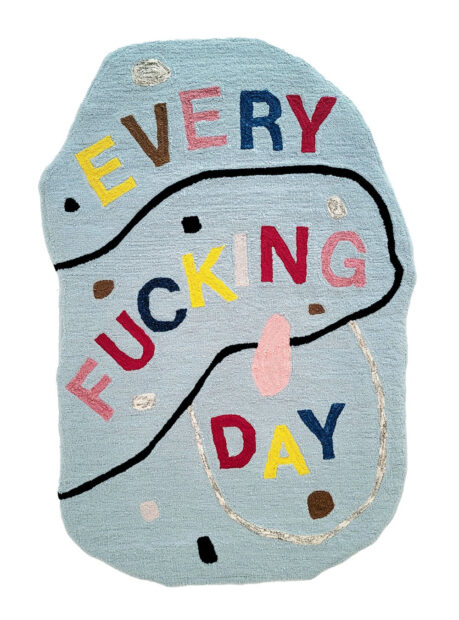
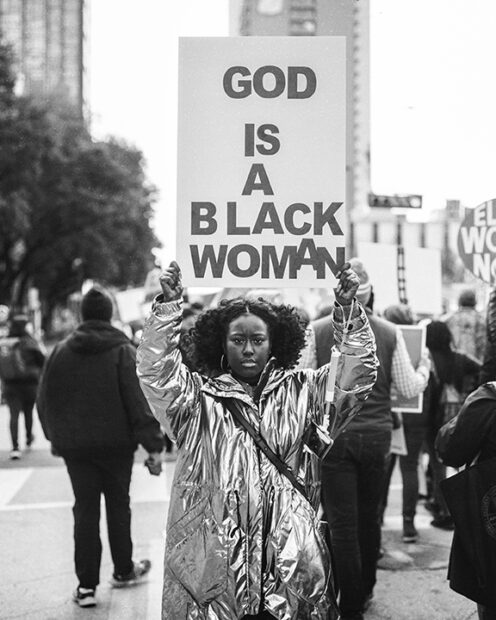
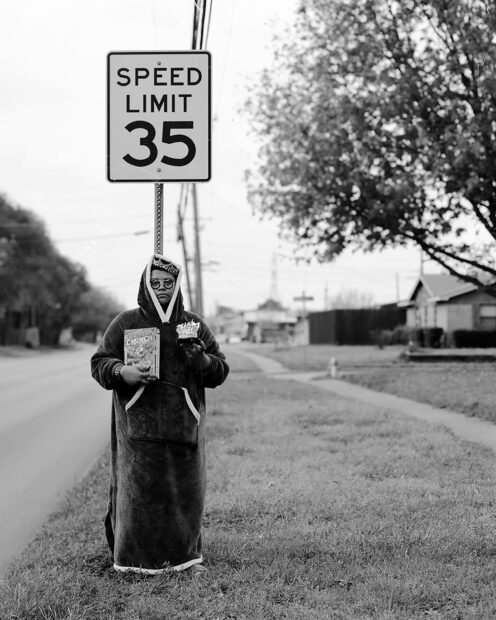
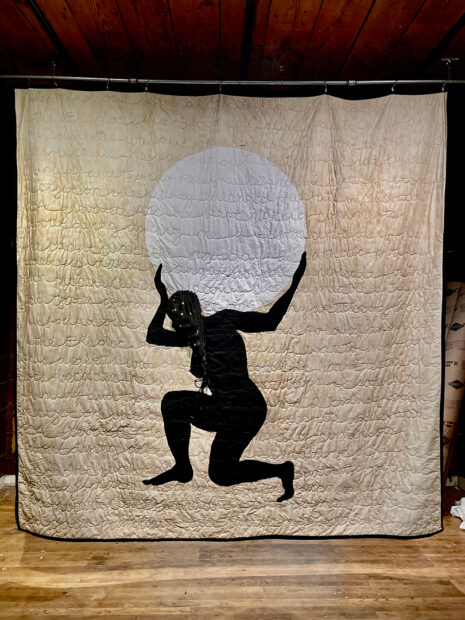
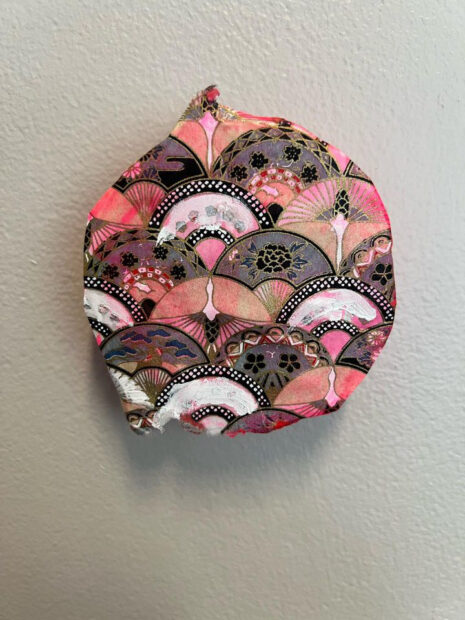
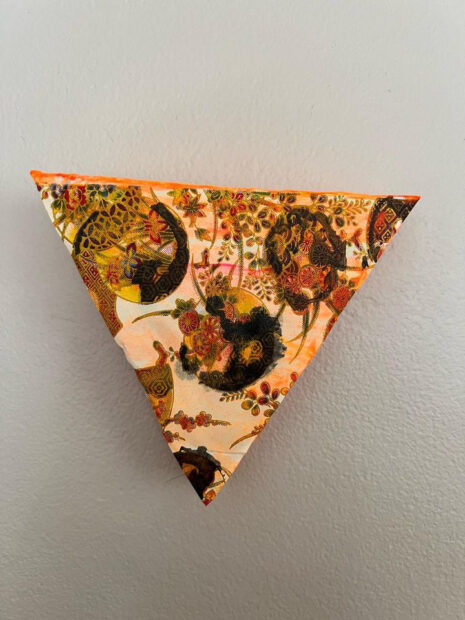

2 comments
Another “loan wolf” aspect of student loans is that you can not borrow money (like a credit card or bank loan) to pay back this mafia type interest on interest student loan scam! Many students find that after paying their loan payments for several years that they still owe as much as they originally borrowed!!!
Bill makes an excellent point. The US government should not classify as a predatory lender!
Appreciate Biden’s effort to correct this situation, but this shouldn’t be a partisan issue. At all. National embarrassment on the backs of hard working people simply trying to better themselves.
The real question is when will Congress correct this wrong? The interest on Federal loans should be tied to the prime rate. Period.